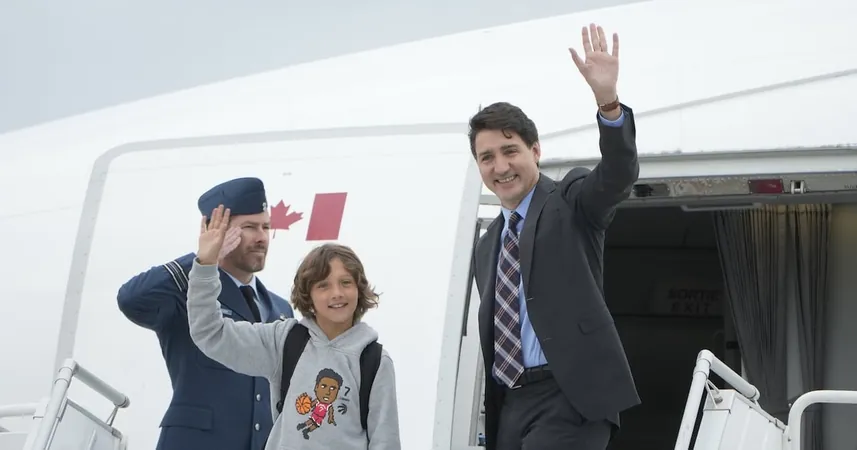
Trudeau Engages Southeast Asia: A Strategic Move to Counter Chinese Influence!
2024-10-09
Author: Olivia
Trudeau Engages Southeast Asia: A Strategic Move to Counter Chinese Influence!
OTTAWA — Canadian Prime Minister Justin Trudeau has embarked on a significant diplomatic visit to Laos, marking his third consecutive attendance at the Association of Southeast Asian Nations (ASEAN) Summit. This visit underscores the Liberal government's commitment to strengthening Canada’s ties within a region overshadowed by growing Chinese influence.
Trudeau’s participation comes a full year after Canada established a strategic partnership with ASEAN, which consists of Malaysia, Indonesia, Laos, the Philippines, Vietnam, Thailand, Singapore, Brunei, Cambodia, and Myanmar. Government officials emphasize that Canada is determined to increase its presence in this economically vibrant region, which represented Canada’s fourth-largest merchandise trading partner last year.
The backdrop of this visit is Canada’s Indo-Pacific strategy, aimed at bolstering military and economic relationships in Southeast Asia while serving as a counterbalance to China's assertive actions in the region. As part of a broader Western initiative to foster stronger ties with Southeast Asian nations, Canada, alongside the United States and the European Union, is striving to reduce over-reliance on Chinese goods. This includes implementing substantial tariffs on various Chinese imports, such as electric vehicles.
Historically, Canada has not prioritized Asia in its foreign policy, but the new Indo-Pacific strategy has shifted the nation’s global engagement and priorities. Concurrently, countries in Southeast Asia share concerns over excessive dependence on any single global power, particularly China, for their economic stability.
Tensions in the region have heightened due to China’s assertive territorial claims in the contested South China Sea, a crucial maritime route facilitating approximately $5 trillion in global trade annually. This area is not only vital for trade but is also believed to harbor significant underwater oil and gas reserves, making it a focal point of geopolitical tension.
The inclusion of Canada as a strategic partner enhances relationships with ASEAN member states, further aiding their ambitions for economic diversification. Trudeau’s attendance, alongside Japan’s new Prime Minister Shigeru Ishiba, positions Canada as a prominent player among G7 nations in this key Asian summit.
The Canadian government is actively pursuing a free trade agreement with ASEAN, with negotiations nearing completion for a deal with Indonesia anticipated to finalize by year-end. This visit is historically significant, as it marks the first official trip by a Canadian Prime Minister to Laos, coinciding with 50 years of bilateral relations between the two nations.
Accompanied by Trade Minister Mary Ng, Trudeau is set to engage in bilateral discussions with various leaders in Vientiane. While the summit is not primarily focused on geopolitical issues, pressing global matters—such as the ongoing conflict in the Middle East—are expected to surface. Several ASEAN countries, particularly Malaysia and Indonesia, have voiced their opposition to Israel’s military actions in Gaza and have actively advocated for Palestinian rights.
This strategic move by Canada reflects a growing trend of nations seeking to fortify their positions and alliances in the face of shifting global powers. What could this mean for the future of Canada’s role in the Indo-Pacific? The world watches closely as Trudeau charts a new course in international relations.

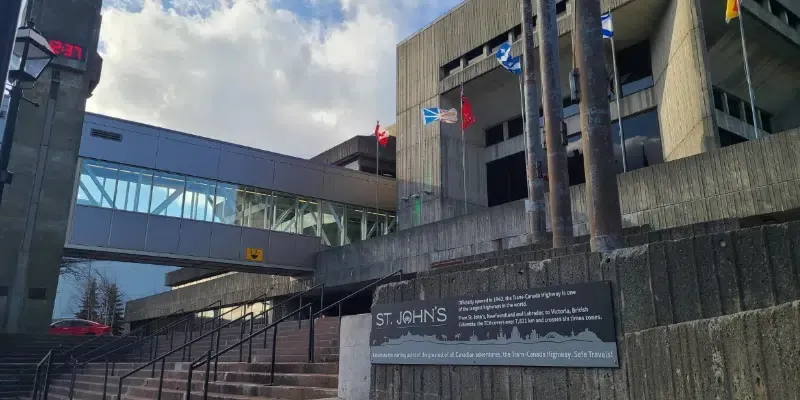



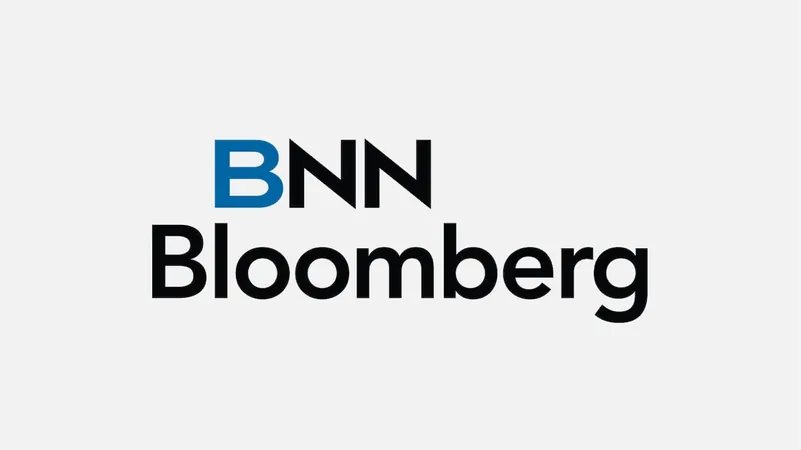

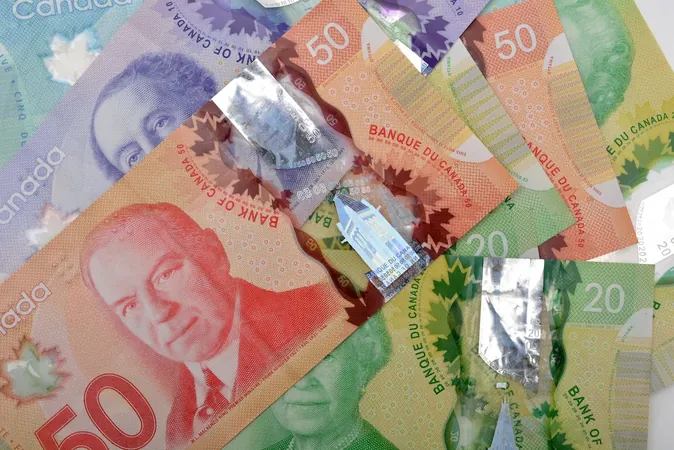
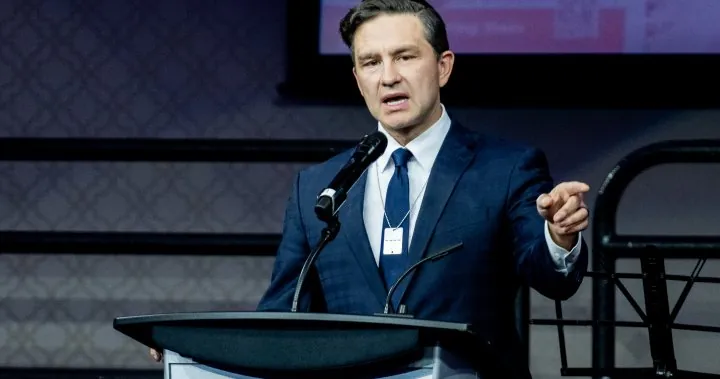
 Brasil (PT)
Brasil (PT)
 Canada (EN)
Canada (EN)
 Chile (ES)
Chile (ES)
 España (ES)
España (ES)
 France (FR)
France (FR)
 Hong Kong (EN)
Hong Kong (EN)
 Italia (IT)
Italia (IT)
 日本 (JA)
日本 (JA)
 Magyarország (HU)
Magyarország (HU)
 Norge (NO)
Norge (NO)
 Polska (PL)
Polska (PL)
 Schweiz (DE)
Schweiz (DE)
 Singapore (EN)
Singapore (EN)
 Sverige (SV)
Sverige (SV)
 Suomi (FI)
Suomi (FI)
 Türkiye (TR)
Türkiye (TR)